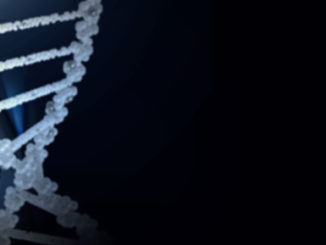Epigenetics May Be Why Cocaine Cravings Increase With Time After Abstinence
Addiction is an incredibly powerful force that affects many people all over the world. It’s a debilitating, lifelong disease that is difficult to combat. Cocaine addiction is a particularly challenging obstacle because it’s an immediately rewarding drug, delivering a high quick and easy. This trait, paired with drug-associated cues such as location, experience, or certain people is what makes the possibility of relapsing so likely for addicts. But what if there were other factors on a genetic level that cause [more…]





